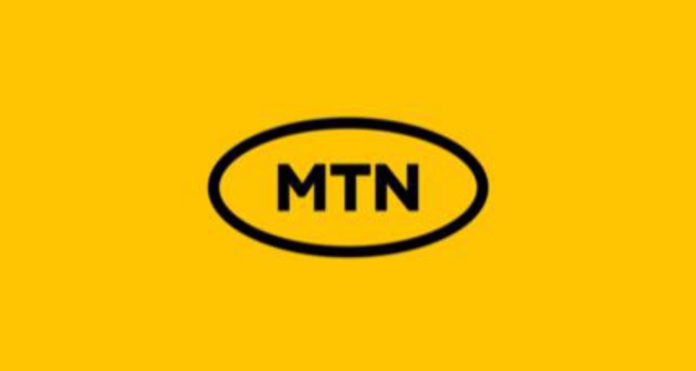adverts
MTN South Africa announced on Thursday that it would defend against Vodacom’s case, which claimed that agreements between Cell C and Liquid Intelligent Technologies for spectrum pooling were illegal.
Vodacom filed a request for an interdict against Icasa, the communications regulator, last month, in an effort to halt MTN’s “secret” spectrum pooling arrangements, according to a TechCentral article. Vodacom asserted that the pooling arrangements were approved illegally by Icasa in secret and placed it at a competitive disadvantage.
In a statement on Thursday, MTN stated, “The South African regulatory framework permits parties to apply for such arrangements, and MTN and its partners applied to Icasa in terms of the Electronic Communications Act and received approval.” Additionally, it has filed a reply document in the Vodacom complaint at the Pretoria High Court.
adverts
“Pursuant to these approvals, MTN designed and deployed its network,” said Marina Madale, MTN South Africa acting chief sustainability and corporate affairs officer, in Thursday’s statement.
MTN also slammed Vodacom’s claims that the spectrum pooling arrangements were pursued in secret, saying it was “open about its decision to pursue pooling arrangements with other mobile network operators”.
According to an affidavit filed to the high court in May by Andrew Barendse, managing executive for regulatory affairs at Vodacom, the mobile operator became suspicious of MTN’s advantage in network speed-test results after an analysis of several independent tests – including by Ookla, the owner of speedtest.net – led it to probe its rival’s use of spectrum.
The “only plausible explanation” of MTN’s network performance, given the two companies have similar site allocations and radio access network equipment, had to lie in spectrum utilisation, Barendse alleged.
Vodacom concluded that MTN used spectrum beyond what it’s been lawfully licensed: by allegedly sharing spectrum belonging to Cell C and Liquid with its own to gain a material – and unfair – advantage in network quality.
In its Thursday statement, MTN confirmed that it is pooling or sharing spectrum with Cell C and Liquid, but argued that should Vodacom’s interdict succeed, its network quality will be degraded, “impacting a substantial portion of the population”.
“MTN is opposing Vodacom’s application. In its answering affidavit, we argue that Vodacom has failed to provide evidence to support an interdict of these pooling arrangements. Given the impact on MTN, its partners, roaming customers, MVNOs, subscribers and the public, MTN believes that the request for interim relief should be dismissed”, said Madale.

Meanwhile, Cell C has told TechCentral that it, too, will file a motion to oppose the interdict applied for by Vodacom on the spectrum pooling arrangements.
“We are extremely confident that the regulator followed the right processes and the approval provided was in terms of the law and regulations as will be outlined in our court papers,” Cell C said.


